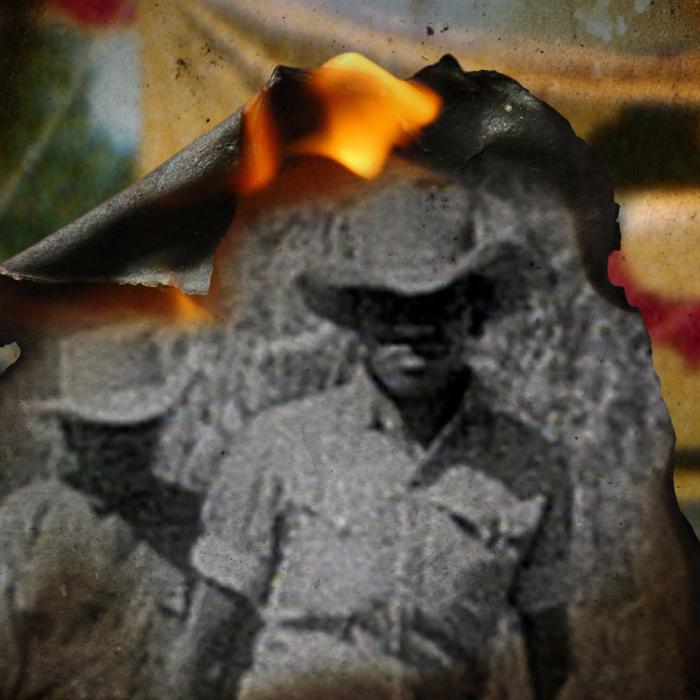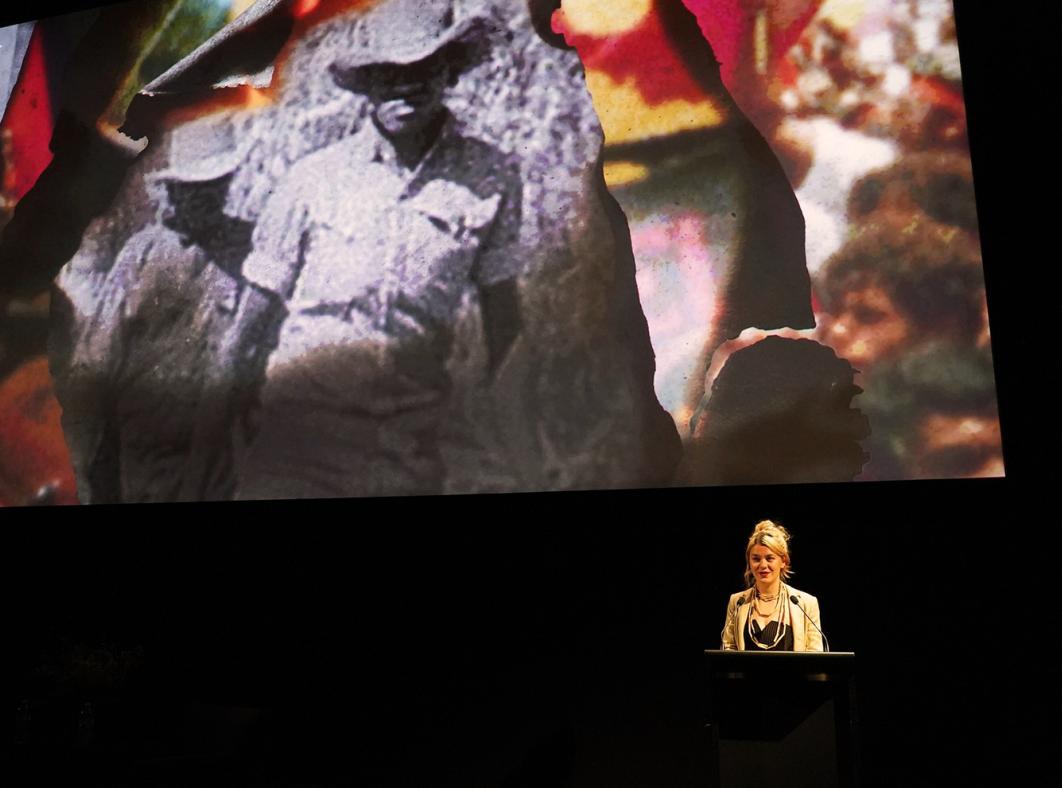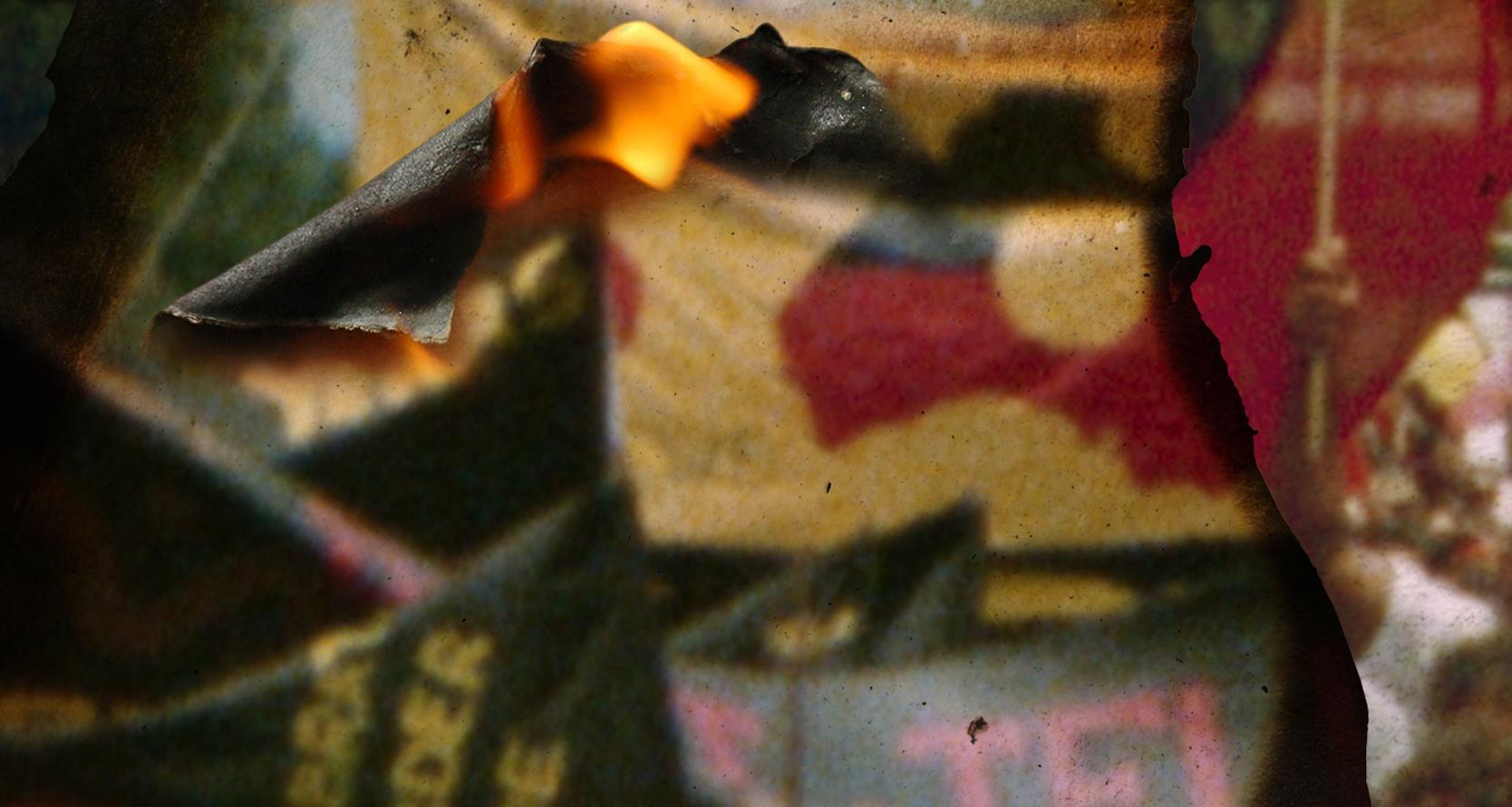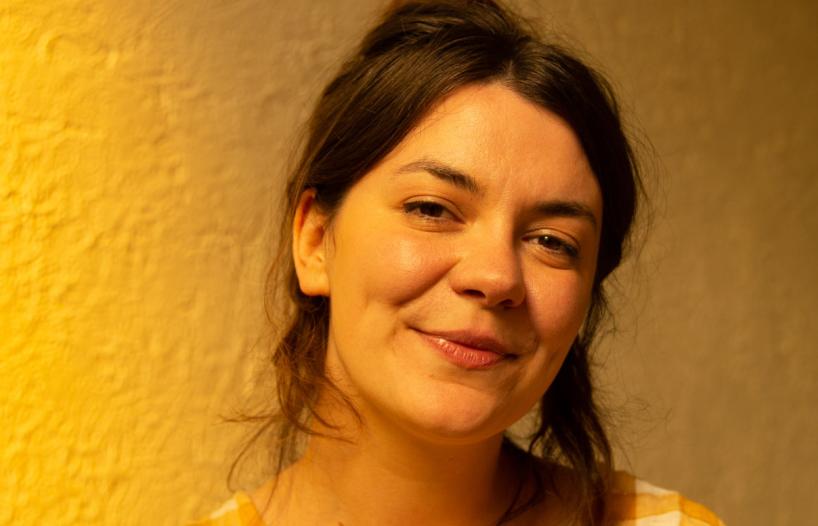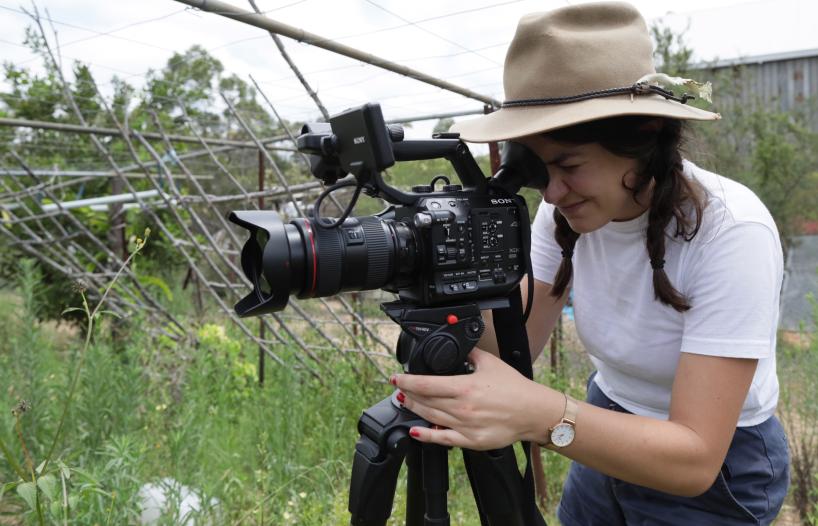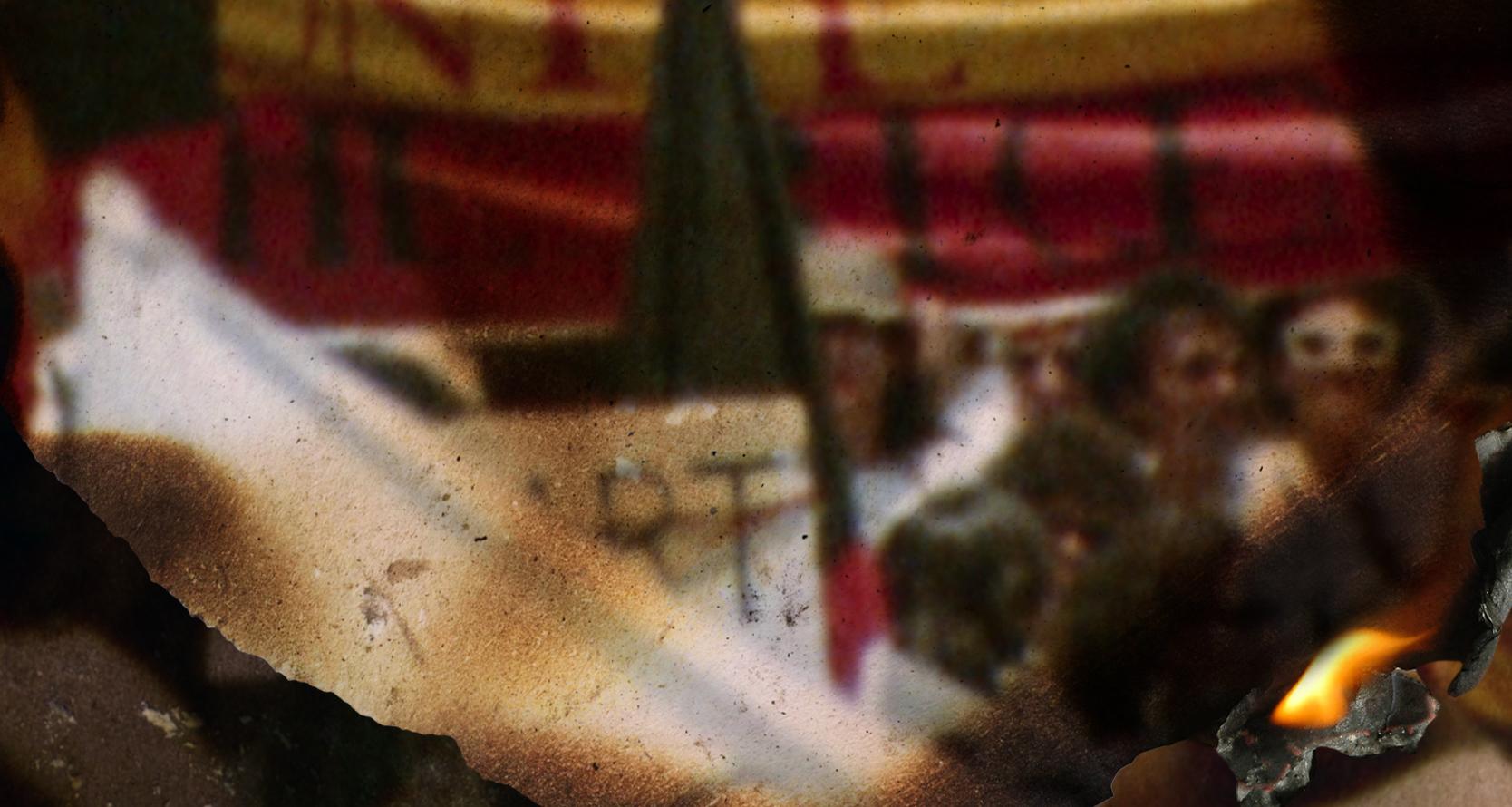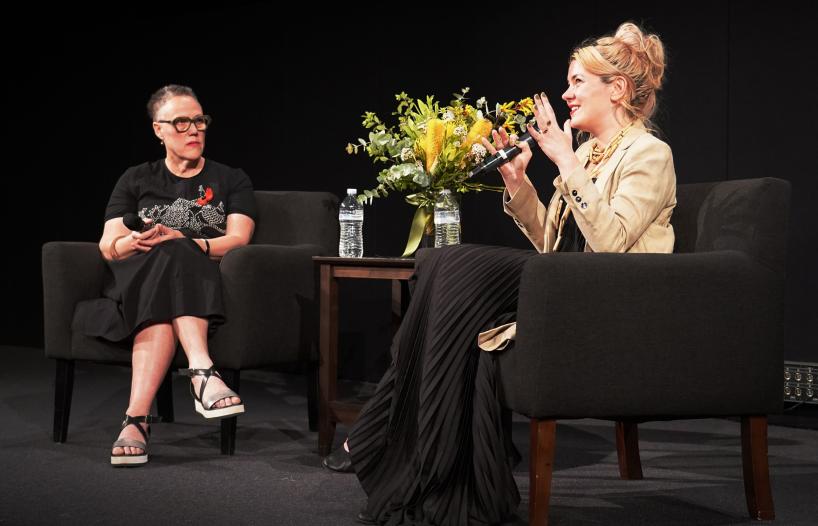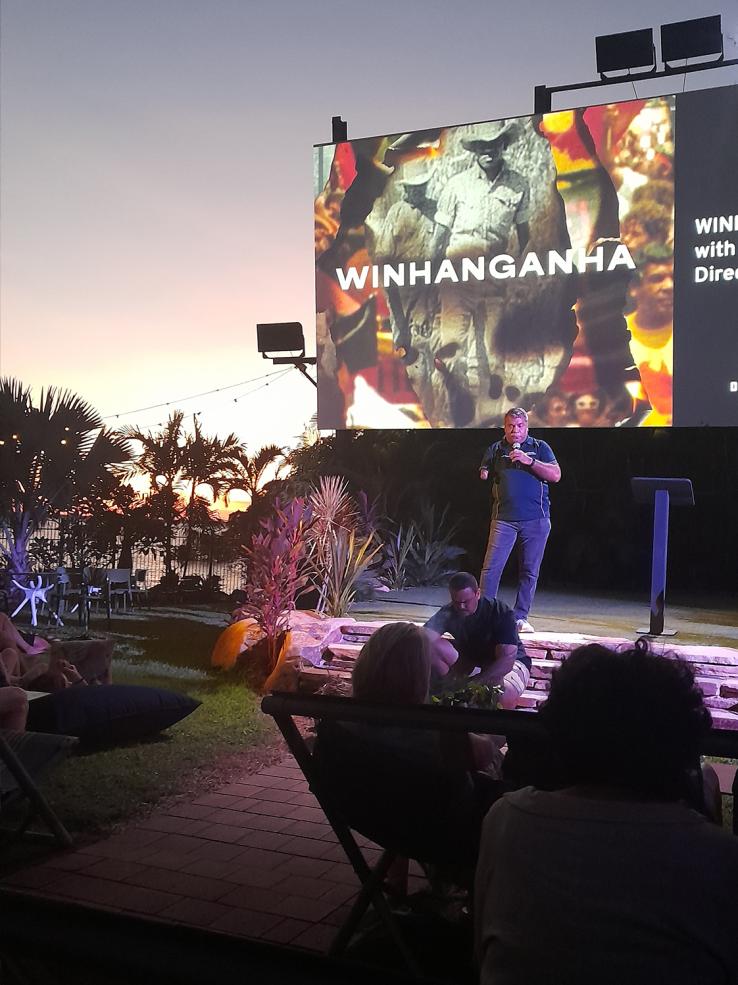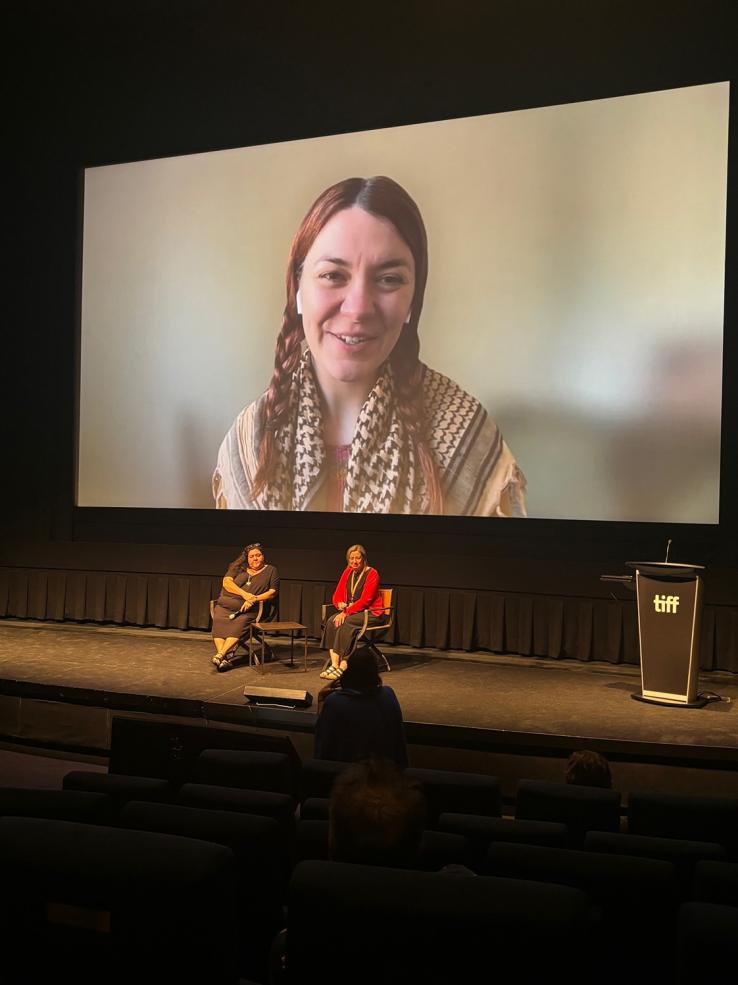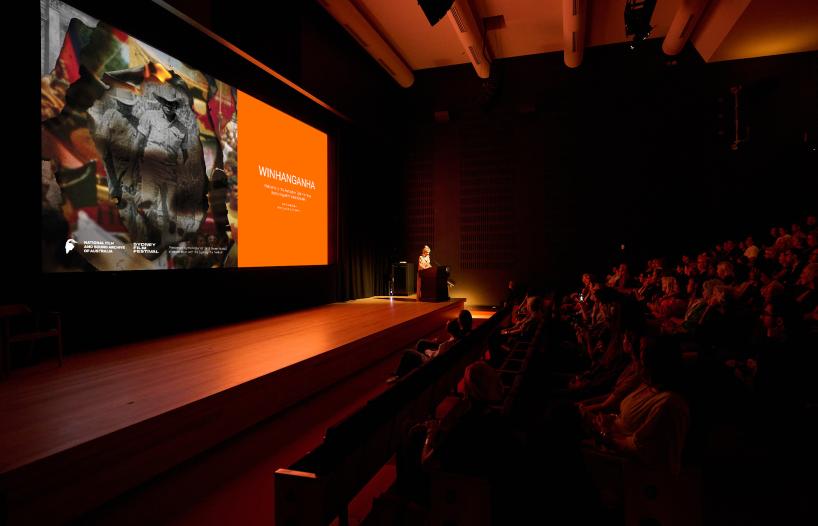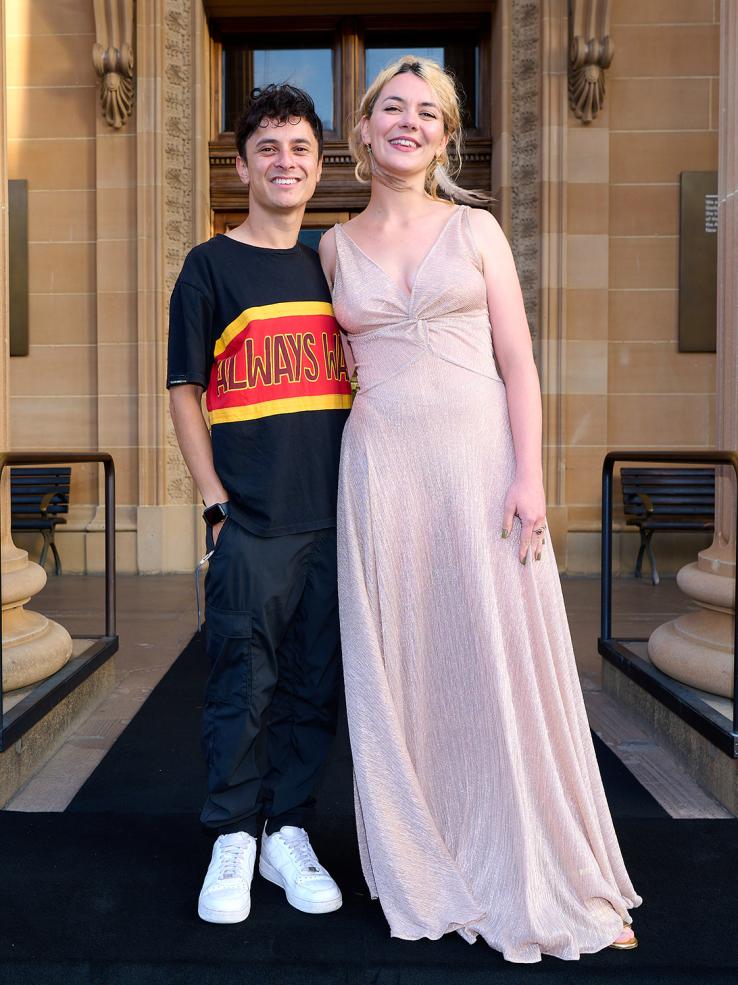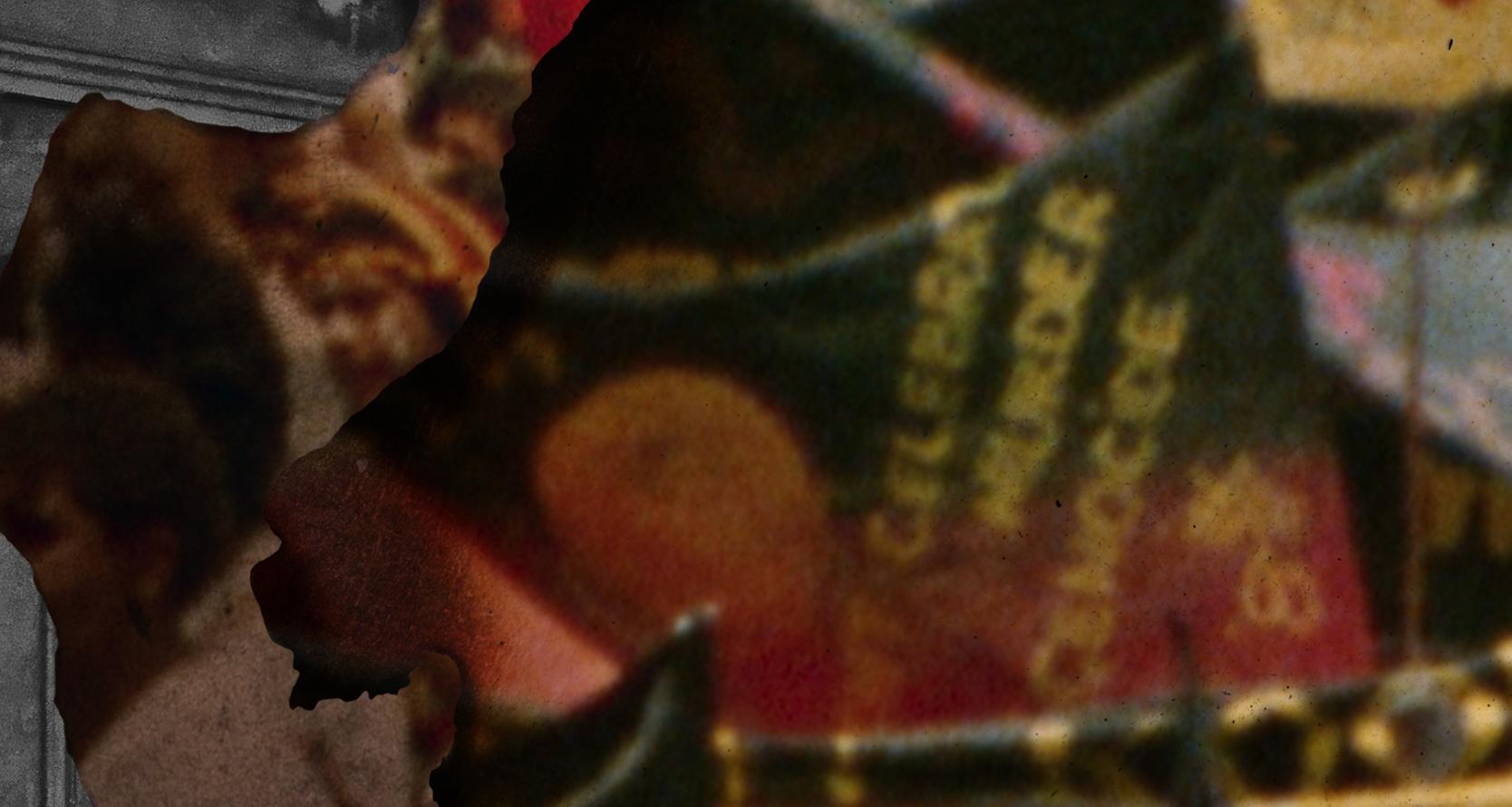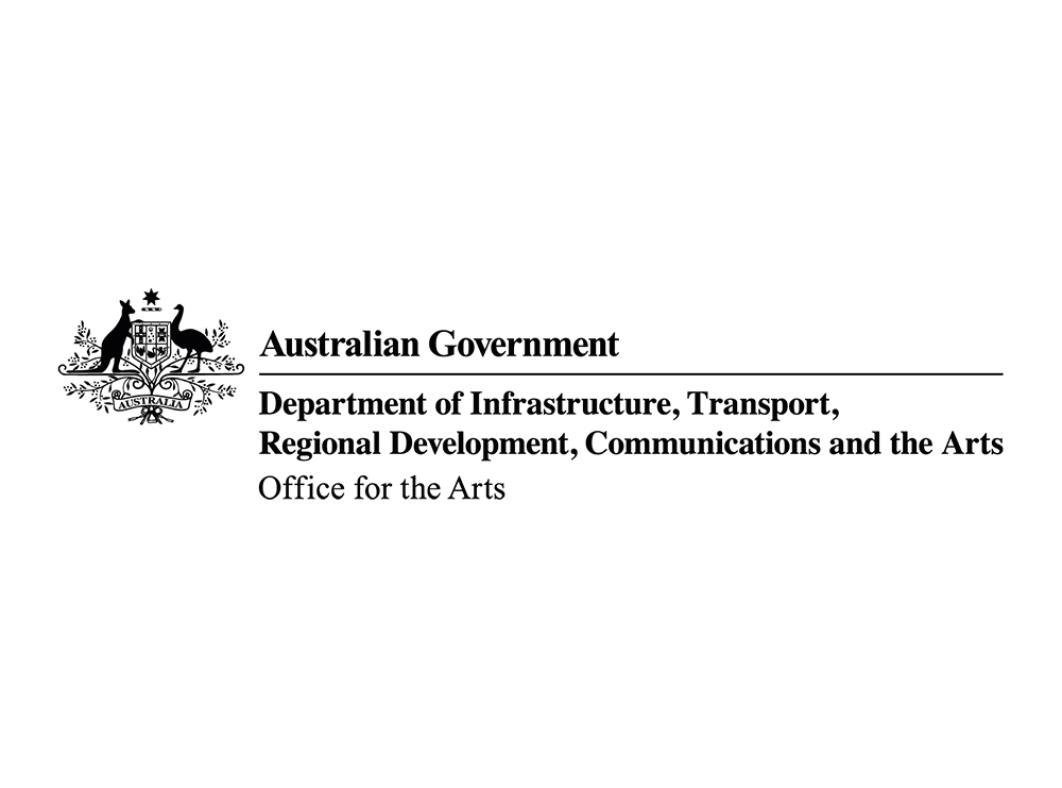WINHANGANHA was born from a desire to make sense of the archival inheritances that shape our present realities. I wanted to tell a story of how these archives affect the lives of First Nations people today through complex and intersecting ways.
WINHANGANHA is centred upon the belief that it is our own bodies that are the truest archive of our experience, and that any documentation is only ever an approximation of the person doing the gazing – not the gazed. Our stories exist far beyond the colonial gaze.
Over the past two years I have spent many hundreds of hours sifting, sorting and unravelling a fraction of the Aboriginal and Torres Strait Islander content held in the NFSA collection.
I have watched and listened to creations exclusively pertaining to the depictions of our people held within those archives for days and weeks and months on end, but I cannot claim to have seen much at all. It would take a lifetime to begin to unravel what has happened within the cameras and microphones and cutting rooms of this continent. WINHANGANHA is one gesture towards understanding.
The film attempts to reconcile with archives as non-neutral places loaded with the desires of those who do the collecting and archiving, which in Australia has been an overwhelmingly white colonial endeavour into myth making. And while so much of the creation and application of the archive has been rooted in violence, I believe that we can undo some of that violence by returning to these collections, by understanding how they were made and honouring the people and Country depicted within.
The collections record a link to our selves and our stories. Working with archival footage has led me to consider the relationship between our recorded knowledges, and how we create new futures through that which we inherit. Film and television play a critical role in how a society understands itself, particularly in the way they portray the myths of self that eventually become enmeshed with reality.
In creating WINHANGANHA it was important to me that it celebrated Aboriginal and Torres Strait Islander protest and resistance, both to material dispossession and also in the creation of film, television and music that centres our experiences. And while protest is the turning point within the film, it is love and joy that is the overall message. That despite the injustices of the past and present, we continue to exist with love and pride in bodies that dance and march and sing and tell stories.
The film is for all audiences. It was made with an understanding that it would be seen by people who live outside Australia and beyond the context of this place, and so it attempts to frame that history. Yet the priority audience is mob to have a film that reckons with the horrors of archive, but one that celebrates our lives despite and within those depictions.
— Jazz Money

